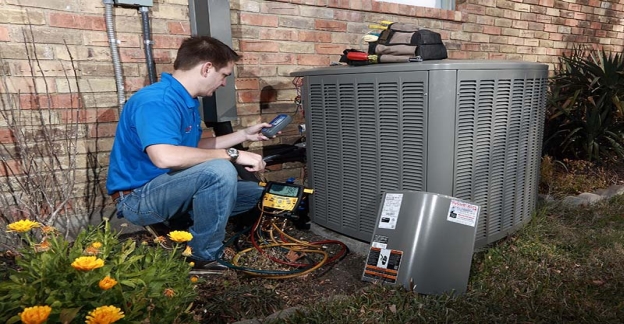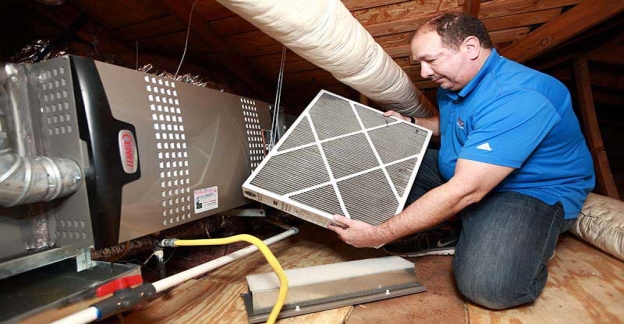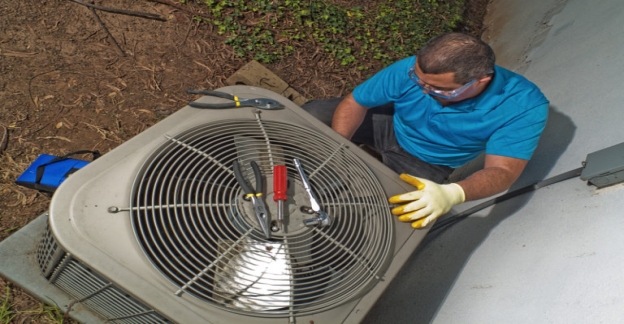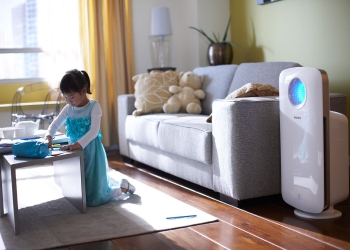Rescue Air Heating and Cooling
Josh Campbell
1002 N Central Expy Suite 106
,
Richardson-
75080
Texas , United States
(+1) 9729642665
http://rescueairtx.com
United States
(+1) 9729642665
http://rescueairtx.com
Texas ,
 United States
(+1) 9729642665
http://rescueairtx.com
United States
(+1) 9729642665
http://rescueairtx.com
















